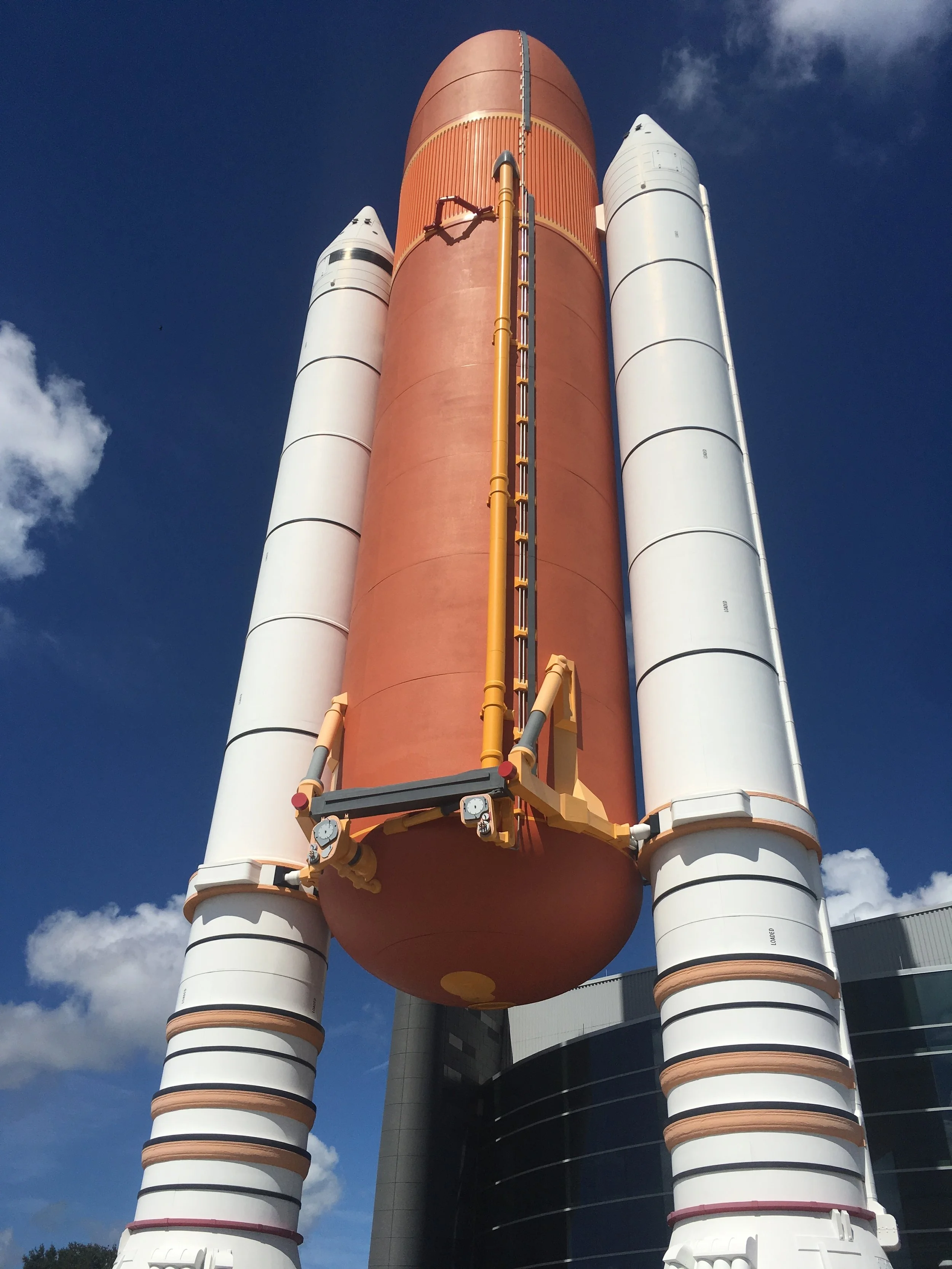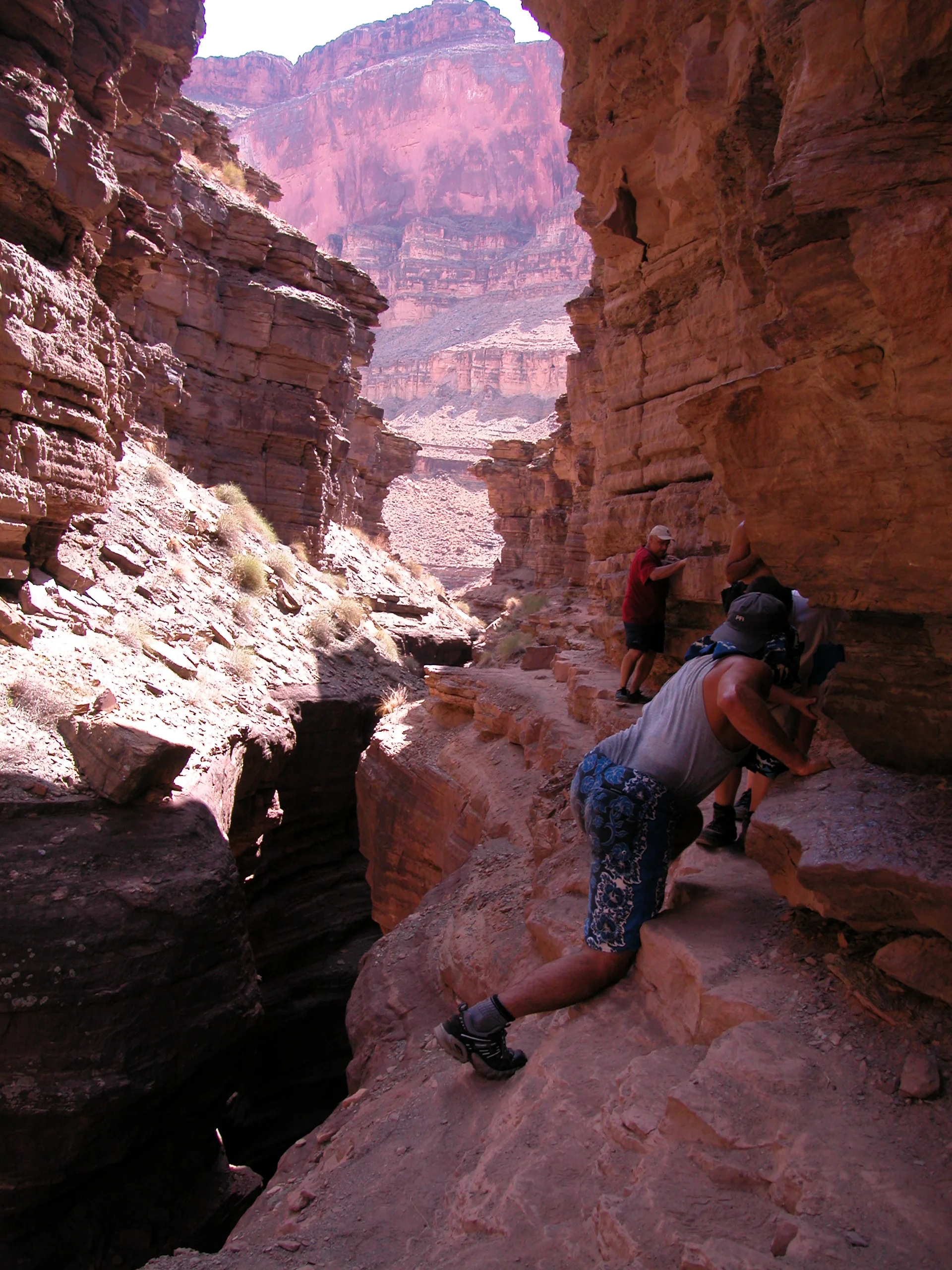Is Land Development For Me?
Land Development – a pre-launch assessment for Newbies
Am I cut out for this?
Let’s take a look at some of the personality characteristics of successful land developers. If you are wondering if land development is for you, take a close look and then assess yourself. I’ll say up front that based on what’s next, I really don’t have the personality type for land development. In spite of this it has been a successful undertaking for me, but not without some pain.
Let’s look at this in two parts: first - how I got started and then - what I have noticed about the personality characteristics of land developers. Project yourself in the situations described below.
Me - before land development:
I graduated college at the age of 23 and began working at Allergan Pharmaceuticals. I was a field sales rep for a couple of years and then got promoted several more times within the sales department. I stayed for 13 years and wound up leaving as the Director of Sales, Western U.S. I left because the company went public and everything changed in ways I didn’t care for at all, but I will say my experience was life changing and a heartfelt thank you to a great team that was willing to take a chance on me.
When I left the company I had no idea what I was going to do next, except one thing – I wasn’t going to work for a public corporation anymore. I had the support of my wife since she knew I wasn’t happy with the travel and the job itself anymore, but we had a boy going on 8 years old, a house and bills to pay.
How I got started:
I knew a guy that was very smart in every aspect of business and was already retired at age 50. I saw him during the 30 day notice period I had given Allergan. He asked me what I was going to do for work and I told him I wasn’t sure, except I thought I would get into real estate. He asked me what type and I told him land development. To this day I don’t know how I came to think of land development, but it had been on my mind for months.
I already knew this guy had a ton of investments, but he really surprised me when he told me he had “a bunch” of land he was developing in several different projects in the county. He told me things were going a lot slower than he wanted and that the guy he teamed up with to do the actual development work wasn’t getting the job done fast enough. He asked me if I wanted to take over his projects on the following terms:
We would try it for one year and if either one of us didn’t feel it was going the way we wanted, we would part ways but still remain close with no baggage leftover from our experiment.
For that year he would pay me what I had made at Allergan.
After 1 year we would sit down and decide if it was going to continue.
We agreed to try it even though we both knew I had zero experience in land development and my only experience in real estate was that I had built two houses, a starter home and the one I was living in at the time. Not the best background for taking over 9 existing plat projects and 3,800 acres of land at the age of 36.
My“training program”
My full training program was him calling me on the phone the next day and telling me to take the third-row seat out of my Suburban and drive up to his place. I filled the entire back of the Suburban with cardboard boxes from his garage, stuffed with paper. Then I drove home and unloaded. I set up tables in my garage and started looking at the contents. Then I started getting really worried since I had no idea what I was looking at. Talk about on the job training!
The scale of it all:
One key concern right away was that I could see this guy was into it for millions, with millions more to go. My original big vision was that I would do a short plat and see how it went. This guy was balls to the walls big time money into it. That’s when I started to feel the real weight and responsibility involved. It’s also when I figured out that I had serious fiduciary responsibilities on a scale I had never imagined. In addition, the workload was something I knew absolutely nothing about. He had also made it very clear that I had full authority to do anything I wanted which sounds good at first, unless you have no idea what you want to do in the first place - except to succeed somehow!
Result:
Somehow I survived, but the first couple of years were pretty tough climbing up the learning curve. I kept his land manager on board and relied heavily on the engineering team and every other consultant that he had to find the key directional focus for each project. I also took the state Real Estate Licensing Course and I am glad I did. It didn’t really have much to do with subdividing but it was useful anyway.
I lost a ton of sleep and didn’t really have a restful period for a long time. Truthfully, it wasn’t fun at all for a few years. That’s my story in a nutshell.
What I have learned about developers:
Eventually I got myself grounded and could come up for air once in a while. I had been around my consultants for a couple of years and interacted with a lot of people in the business. You start to notice certain common trends in the animals that live in the land development zoo and I thought I would mention a few regarding the ones I have seen prosper, which eventually included me.
Characteristics of successful land developers:
Entrepreneur – wants to lead an independent professional life
Risk Tolerant – is willing to undertake risk with no guarantee of success
Risk / Reward – prone to undertake unusually high risk for an unusually high reward
Tolerant of uncertainties – knows that there will be dozens of people, groups and agencies affecting the outcome of a project, many of whom will be against it
Delayed Gratification – understands that it can/will take years to realize profitability in a project
Tough – does not fear failure, adapts to adversity with additional energy and focus
Opportunity Focused – recognizes opportunity and seizes it
Task Oriented – has goals, tasks, measurement and completion times for critical events
Organized – manages the goals, tasks, measurement and completion deliverables every day
Flexible – understands that no project will go as originally planned
Dynamic Leadership – transmits enthusiasm and energy into every point of contact
Positive Outlook – tends to see the glass as ½ full, not ½ empty
Innovative – finds ways to adapt and prosper
Creative – finds new ways to adapt and prosper
Cognitively Capable – is smart enough to learn quickly and can manage multiple complex tasks
Financial – is good at money management and cost control
Develops People – develops and manages teams for growth
Emotionally Stable – has and transmits a sense of confidence, especially under pressure
Peaks & Valleys – is ok with long periods of time when projects are slow (like entitlement)
Can Sleep – self explanatory
Ok, that’s enough:
Like I mentioned at the beginning I really don’t have a great land developer personality profile based on the above, so hopefully you haven’t freaked out over the list. I have never been good at waiting for long periods for an outcome and I worry about my investor’s money more than my own. I don’t sleep well when problems come up and they do all the time. That’s to name just a few of the areas that I fall outside the parameters. Nonetheless I have succeeded, mostly due to good managerial skills, reasonable intelligence and the ability to hire, train, develop and generally surround myself with high achievers that mostly know more than I do.
Going forward:
The purpose here is to promote the concept of self-assessment before committing yourself and your loved ones to a leap into land development. The characteristics listed above are not absolute and I am not sure I ever met anyone that excelled in all of them, but they are a decent set of guidelines to consider. If you fit the bill – great. If not, through being innovative and adapting to changing conditions you might still be rewarded in land development like I was. That decision is up to you.
Would you do it again?
I get asked that from time to time by guys that have seen what I have gone through. My answer is yes, but if I had it to do all over again I would approach it differently. I would have started at a more realistic level to my true capabilities at the time. I think an ideal way to begin in land development would be in a single smaller project that shows promise of profitability, while still doing whatever your day job is.
Success at a smaller level can breed success at higher levels down the road. Conversely, failure at a smaller level can save your ass to fight another day. By accepting the offer that I did to enter land development I was thrown into the carnivore cage at the land development zoo. No complaints since it worked out and the times that followed have been prosperous enough to call it a success.






